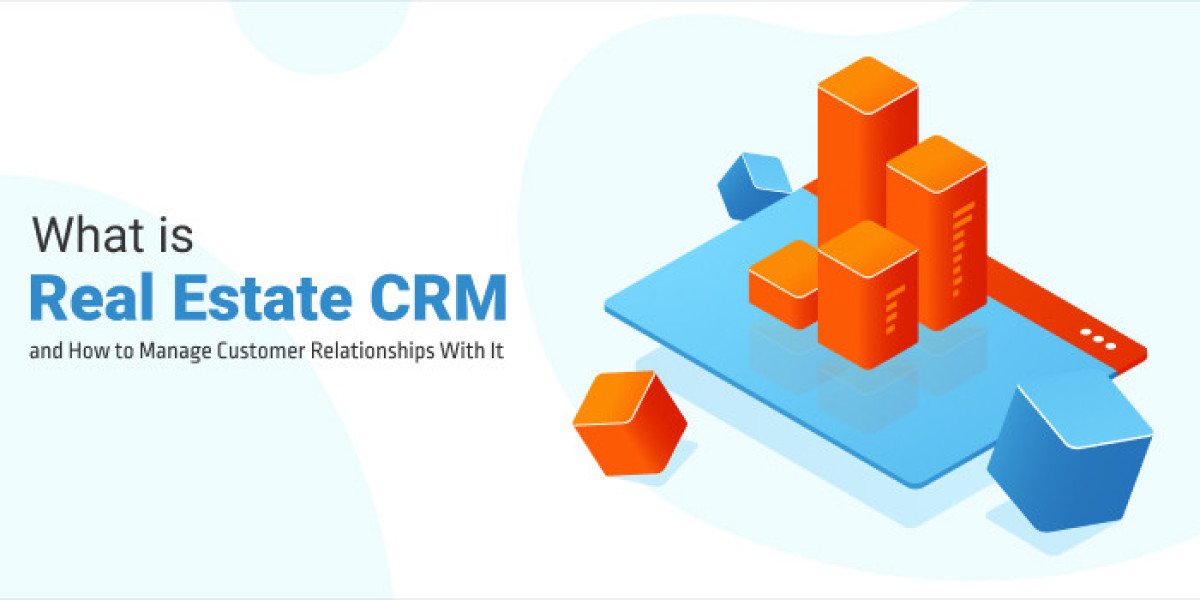In the dynamic world of real estate, managing client relationships efficiently is paramount for success. Customer Relationship Management (CRM) systems have emerged as indispensable tools for real estate crm, offering a centralized platform to streamline operations, nurture leads, and drive growth. In this article, we delve into the significance of CRM in real estate and how it revolutionizes the way agents and agencies interact with clients.
Understanding Real Estate CRM
At its core, a Real Estate CRM is a software solution tailored to the unique needs of property professionals. It serves as a digital hub where agents can store client information, track interactions, manage listings, and analyze data. Unlike generic CRM systems, those designed for real estate often come equipped with industry-specific features such as property search integration, lead scoring, and automated marketing campaigns.
Enhancing Client Relationships
One of the primary objectives of any CRM system is to cultivate and maintain strong client relationships. Real estate CRM achieves this by enabling agents to provide personalized experiences at every touchpoint. From initial inquiries to closing deals, agents can leverage CRM to keep track of client preferences, schedule follow-ups, and deliver timely, relevant communications. By staying engaged and responsive, agents can instill trust and loyalty, laying the groundwork for long-term success.
Streamlining Operations
In the fast-paced world of real estate, time is of the essence. CRM systems play a pivotal role in streamlining administrative tasks and optimizing workflows. Agents can automate routine processes such as email responses, appointment scheduling, and document generation, freeing up valuable time to focus on high-value activities like client meetings and property tours. With centralized access to listings, contracts, and client communications, agents can work more efficiently, minimizing errors and maximizing productivity.
Driving Growth and Insights
Beyond its operational benefits, a real estate CRM is a powerful tool for driving growth and gaining valuable insights. By tracking key performance metrics such as lead conversion rates, sales pipelines, and marketing ROI, agents can identify trends, pinpoint areas for improvement, and make data-driven decisions. Moreover, CRM systems often feature advanced analytics capabilities that provide deeper insights into client behavior, market trends, and competitive intelligence, empowering agents to stay ahead of the curve.
Choosing the Right CRM
Selecting the right CRM is crucial for real estate professionals looking to leverage technology effectively. When evaluating options, agents should consider factors such as ease of use, scalability, integration capabilities, and customer support. Additionally, it's essential to choose a CRM that aligns with specific business objectives and workflows, ensuring a seamless transition and maximum adoption across the organization.
Conclusion
In an industry driven by relationships and results, Real Estate CRM emerges as a game-changer for agents and agencies alike. By centralizing client information, streamlining operations, and providing actionable insights, CRM systems empower real estate professionals to deliver exceptional service, drive growth, and stay ahead of the competition. As technology continues to evolve, embracing CRM becomes not just a competitive advantage but a necessity for success in the modern real estate landscape.








